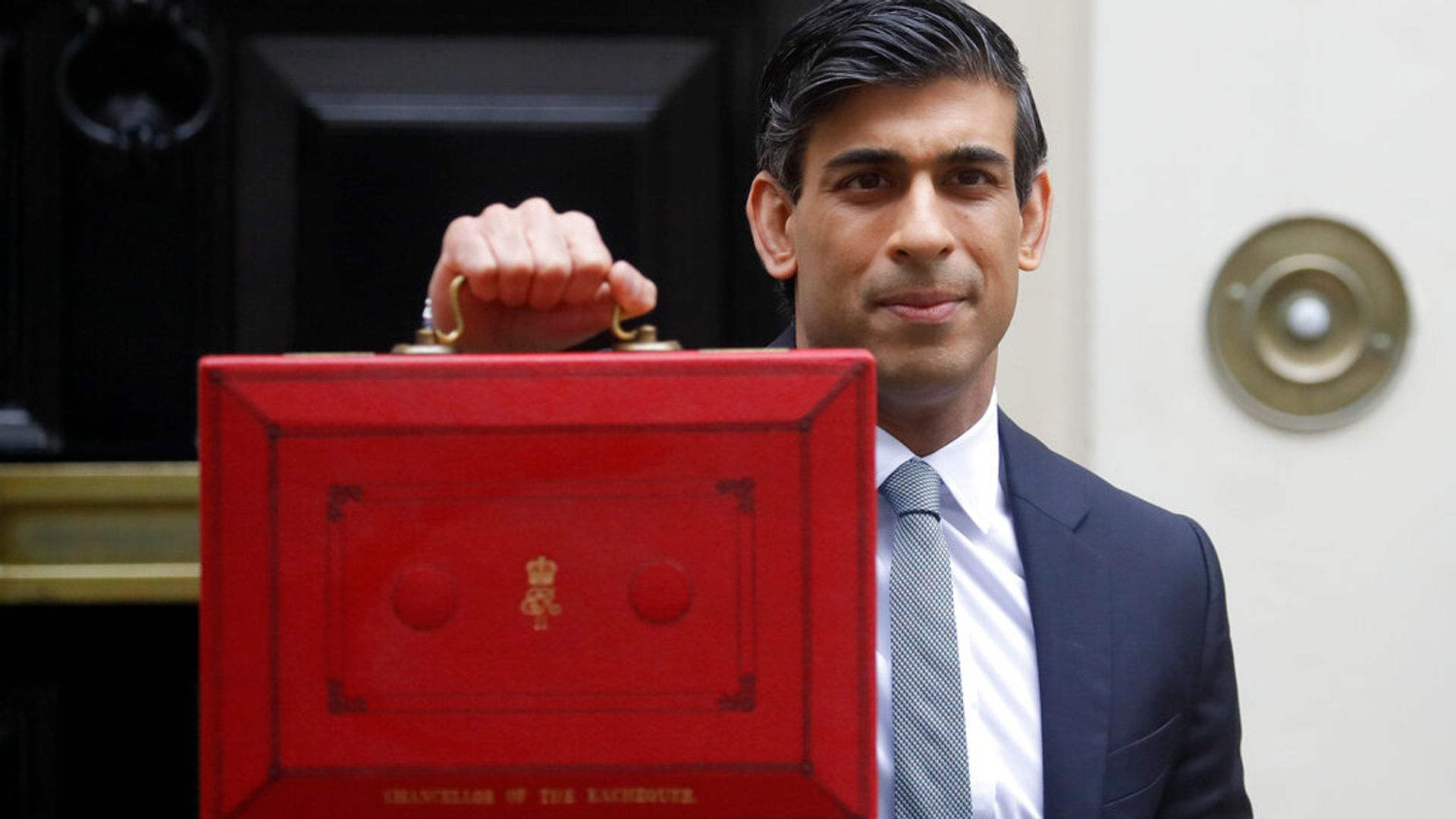Senators are bracing for a likely battle next week over the GOP’s budget blueprint that will allow Republicans in the coming weeks to draft and pass a sweeping border, energy and defense bill.
Majority Leader John Thune hasn’t made a formal decision yet about whether he’ll bring the Senate’s budget resolution up for a vote on the chamber floor. But several GOP senators view it as increasingly likely that they will act next week after the Senate Budget Committee adopted the measure on Wednesday.
Sen. John Hoeven, a North Dakota Republican who is close with Thune, said in a brief interview that the “planned timeline right now” is to take up the Senate GOP’s budget resolution to the floor next week.
Senate Budget Chair Lindsey Graham of South Carolina noted that he would defer to Thune, but told reporters: “Hopefully next week.”
It’s not just Republicans who are gearing up. Senate Minority Leader Chuck Schumer will hold a special Democratic caucus call on Saturday to discuss party strategy around the budget resolution and “Republicans tax cuts for the rich,” according to a Senate aide.
A second aide, granted anonymity to speak candidly, said that Senate Republicans haven’t yet confirmed that they will bring their budget resolution to the floor next week, but procedural votes are a possibility as soon as Tuesday.
Being able to adopt the budget resolution next week would put the Senate even further ahead of the House in dueling efforts to pave the way for drafting a massive bill under the filibuster-skirting budget reconciliation process — necessary for enacting the heart of President Donald Trump’s legislative agenda.
The Senate GOP still wants to take a “two-track” approach, frontloading energy, defense and border security provisions into one reconciliation bill before dealing with expiring tax cuts in a second one later. The budget resolution that cleared Graham’s committee earlier this week greenlights the first bill in that process.
House Republicans, however, want to pass “one big, beautiful bill” that encompasses all these policy areas plus a tax overhaul. They were able to clear their budget blueprint out of the House Budget Committee on Thursday night to set the stage for that approach after weeks of high-profile infighting amongst their own members.
Tensions on the House side appear as though they won’t be ending anytime soon, with some fiscal hawks calling for more cuts while swing-state incumbents fret over having to cut safety net programs to pay for Trump’s priorities. The House budget resolution is already drawing criticism from some Senate conservatives.
The Senate has an advantage over the House, now, if for no other reason than it that chamber is staying in session next week while the other is in recess.
House Republican leaders had been trying to hold off the Senate advance, including by coordinating with some White House officials who are sympathetic to the one-bill strategy. But complicating that effort are fissures within Trump’s own circle over the best path forward: Vice President JD Vance, White House policy chief Stephen Miller and budget chief Russ Vought among those favoring the Senate’s preferred two-bill approach.
Senate Republicans also privately vibe-checked Trump during a dinner last week at Mar-a-Lago, and again on Sunday when a group of lawmakers joined him for the Super Bowl. Their takeaway was that the president was fine with them pursuing their two-bill strategy and just wants “results.”
Thune, asked about the path forward during an interview Friday with America’s Newsroom on Fox News, didn’t tip his hand on the schedule for next week.
“[The House and the Senate] have the same end result, end goal. I mean, we want to get to the same destination,” he said. “The House and the Senate operate differently, clearly, and we have procedural issues we have to deal with in the Senate. But … these efforts are going to, at some point — they’re going to merge.”
Meredith Lee Hill contributed to this report.





